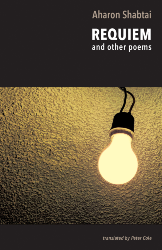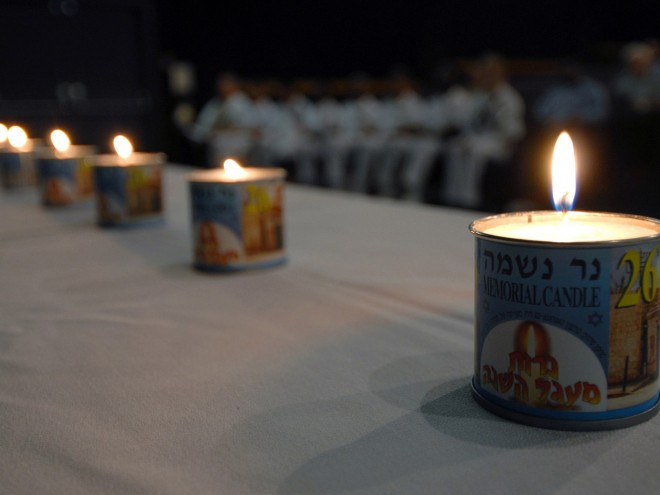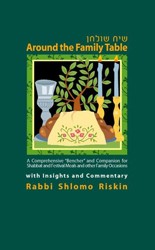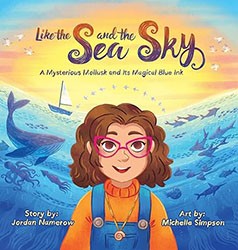The Book of Psalms has long served as one of Judaism’s most intimate prayer collections, offering a language for the human soul’s deepest emotions — grief, gratitude, desperation, and hope. These ancient texts continue to provide readers with words when their own words fail, a bridge between the personal and the divine, the immediate and the eternal. In To Phrase a Prayer for Peace, Donna Spruijt-Metz enters into conversation with this sacred tradition, crafting a contemporary poetic dialogue with the psalms’ enduring relevance through difficult times.
Written in the aftermath of October 7th, this collection is both a diary and a devotional text, chronicling the poet’s emotional and spiritual journey through crisis. Spruijt-Metz’s poetry pulses with a fervent wish for peace, yet refuses the comfort of platitudes. Instead, the author confronts the complexity of bearing witness to suffering from afar, grappling with the dichotomy between her life in the United States and the brutal realities of war. In one poem, she speaks with piercing honesty of her inner turmoil:
And now
can I stop
with this?
Even though
breath
has become a privilege?
The poems in this collection express empathy for all caught in the mechanisms of violence — Israelis and Palestinians alike — while simultaneously exploring the poet’s own vulnerability as a Jewish woman navigating through an increasingly polarized world. The poet’s physical distance becomes both a privilege and a burden, offering perspective while denying the immediacy of shared suffering.
Central to the collection’s architecture is Spruijt-Metz’s engagement with the psalms themselves. The psalms’ historical function — to give voice to the voiceless, to demand justice, to cry out against oppression — resonates through her work, creating a continuum between ancient lament and modern witness.
Hello, silent one.
Are my war poems
Making you
Uncomfortable?
It’s only anguish.
The question of where holiness might reside in such anguish threads through the collection, never resolved but continuously explored. Spruijt-Metz locates the sacred not in easy answers but in the act of sustained attention — the refusal to look away, the commitment to holding multiple truths, the courage to speak when saying nothing would be easier. “We humans,” she notes, “destroy everything we touch.”
To Phrase a Prayer for Peace is a testament to poetry’s capacity to hold contradiction without resolution, to bear witness without claiming false authority, and to call on the divine, and the mystical, in the midst of human brokenness. It offers no solutions to the intractable conflicts it addresses, but provides something perhaps more valuable: a model for how to remain human in the face of inhumanity, how to maintain hope without denying despair, and how to pray when prayer feels impossible.
Joanna Chen is a British-born writer and literary translator from Hebrew to English whose translations include Agi Mishol’s Less Like a Dove, Yonatan Berg’s Frayed Light (finalist for the National Jewish Book Awards), and Meir Shalev’s My Wild Garden. Her own poetry and writing has appeared in Poet Lore, Mantis, the Los Angeles Review of Books, Narratively, and the Washington Monthly, among other publications. She teaches literary translation at the Helicon School of Poetry in Tel Aviv.





